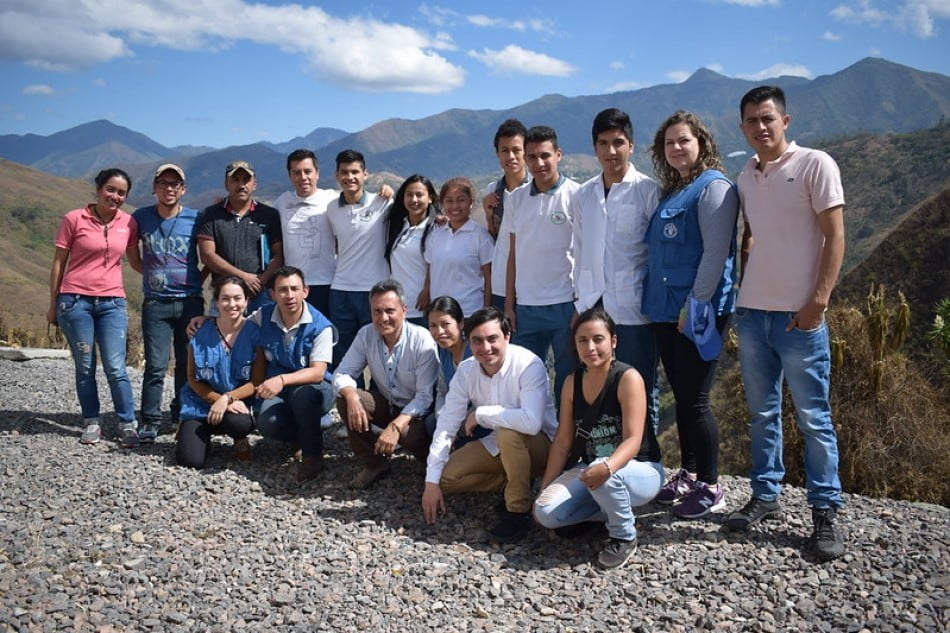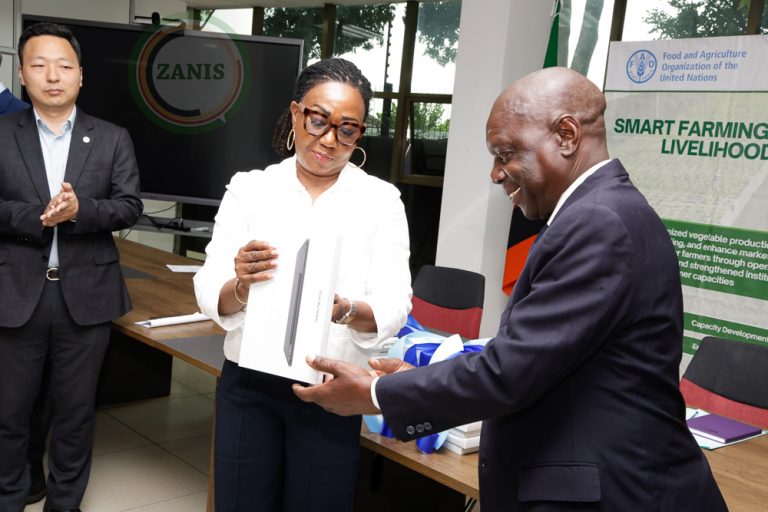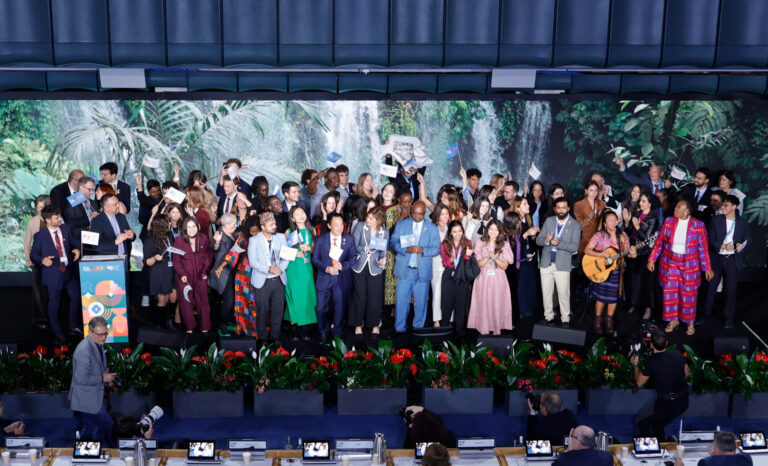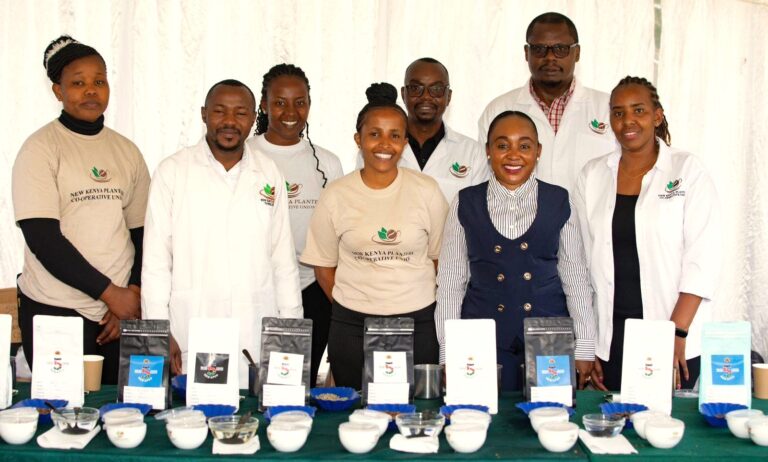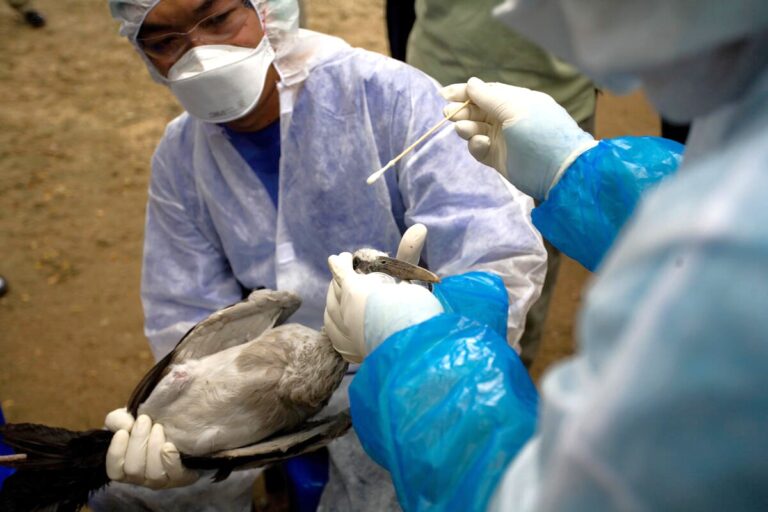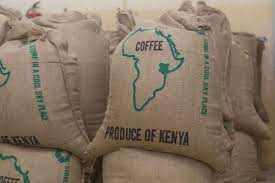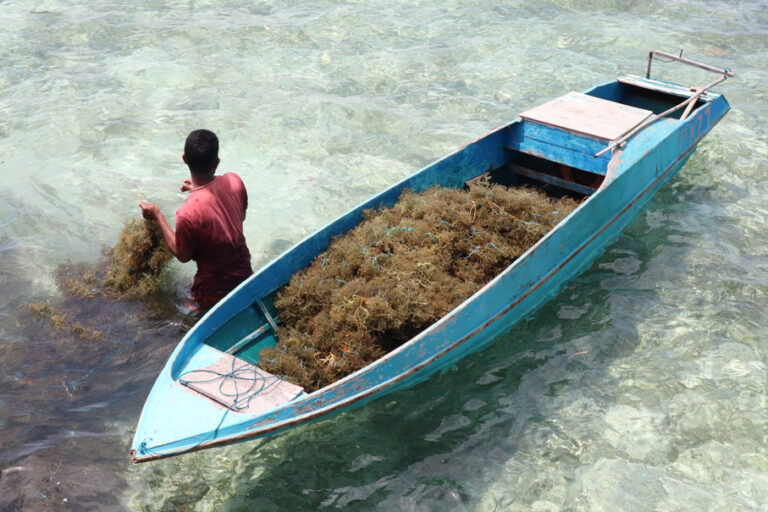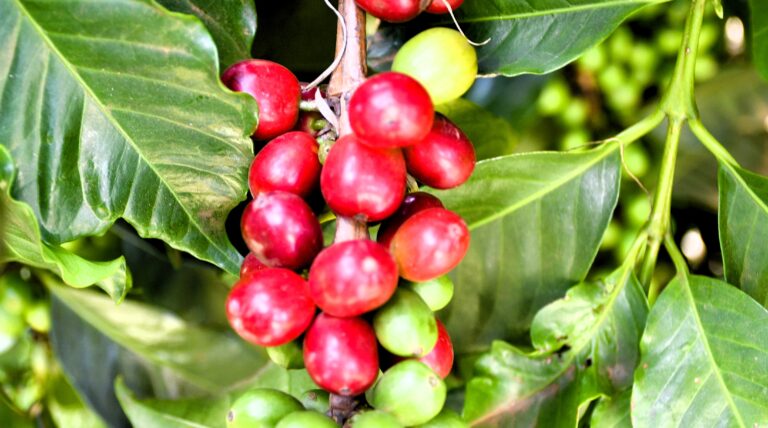For Diego Urbano, an 18-year-old student in southern Colombia, coffee is in his blood. He was born into a coffee-producing family and now, after joining a project boosting the use of technology in the sector, he is passionate about continuing that tradition – with an innovative twist.
“As young people, we want to continue building our future in the countryside – by being innovative in the way we produce, market and consume,” Diego says.
As part of the project, Diego and 29 other students from the Educational Institution La Victoria were trained in coffee harvesting, filtration and barista processes to encourage young people to embark in the coffee sector. As they began to understand more about the cultivation process, they became increasingly concerned about their current coffee farming methods and how they would fare with the changes in climate and the frequent droughts that the area experiences.
An FAO-led project brought together these 30 students and their parents, who are all members of the Asoprocaffe coffee association, with the association of coffee producers from the Tablón de Gómez area to address the issue. Together, they developed the ‘Smart Agro’ project to counter the effects of climate change and promote the efficient use of water through two modern concepts: Big Data and the Internet of Things (IoT).
The students are using Big Data and IoT technology to gather and analyse important information, helping increase their knowledge and improve their farming. In the context of this project, this means gathering better data on rainfall and weather and using this information to optimise the amount of water given to the plants.
As part of the Smart Agro project, Telefónica-Movistar, Masser and FAO installed a weather station and two humidity probes, connected through sim cards that collect in real time information on humidity levels, rainfall and winds. This is then monitored and updated on the project’s Smart Agro digital platform.
Students and Asoprocaffe members review this information and, accompanied by the FAO technical team and Telefónica’s technological support, they analyse the information each week to study the upcoming weather conditions. In coffee cultivation, the soil must maintain a constant level of humidity. When the Smart Agro platform shows that the humidity levels are insufficient, such as during times of drought, they can activate manual or sprinkler irrigation to ensure a continued water supply for the plants.
President of Asoprocaffe, Diego Gómez, says the project has brought great results – not just for the coffee plants, but also for community solidarity.
“We have already begun to see the results and the importance of technology and young people in coffee production. Now we share our knowledge. The students teach us how to handle digital platforms and technology, and we teach them about coffee cultivation methods. This has been a wonderful alliance that has also created a better sense of community spirit.”
In total 120 families and 30 students are taking part in the project. They have already seen the difference in the size and quantity of the coffee beans, thanks to the technology helping them irrigate at the right time.
What’s more, the monitoring has been able to continue despite the COVID-19 pandemic. In fact, it has encouraged further innovation. A group of students, associates and teachers, formed study and analysis groups on messenger apps where they shared instructions, techniques and information to continue working online with the platform and ensure continuity of the project.
“Since we began this project together, the young people have shown their interest, and their work has been of great help in the monitoring and transformation of coffee,” says the school’s rector, Álvaro Ordoñez Mejía.
Asoprocaffe’s coffee is marketed under the name Janacatú, meaning “to be closer to heaven” in the Quillacinga indigenous language of the area. Thanks to the project, the new technology and the participation of young people in the community, the Asoprocaffe has managed to strengthen not only its production processes but its business capacities too. With FAO’s support, Asoprocaffe has developed a partnership with a known Colombian coffee brand, helping to sell Asoprocaffe’s coffee at the national and international level, and has created links with major Colombian exporters.
New technology is being developed every day to tackle problems and improve our planet. In fact, now more than ever, we need innovative solutions to improve the agricultural sector. COVID-19 has had an unprecedented effect on our food systems, limiting transport of goods and affecting farmers’ livelihoods. These young food heroes in Colombia are proving that modernizing agriculture is not only good for the environment, it is also an attractive sector for youth. They and other young people around the world are reinventing our food systems for a sustainable future.


